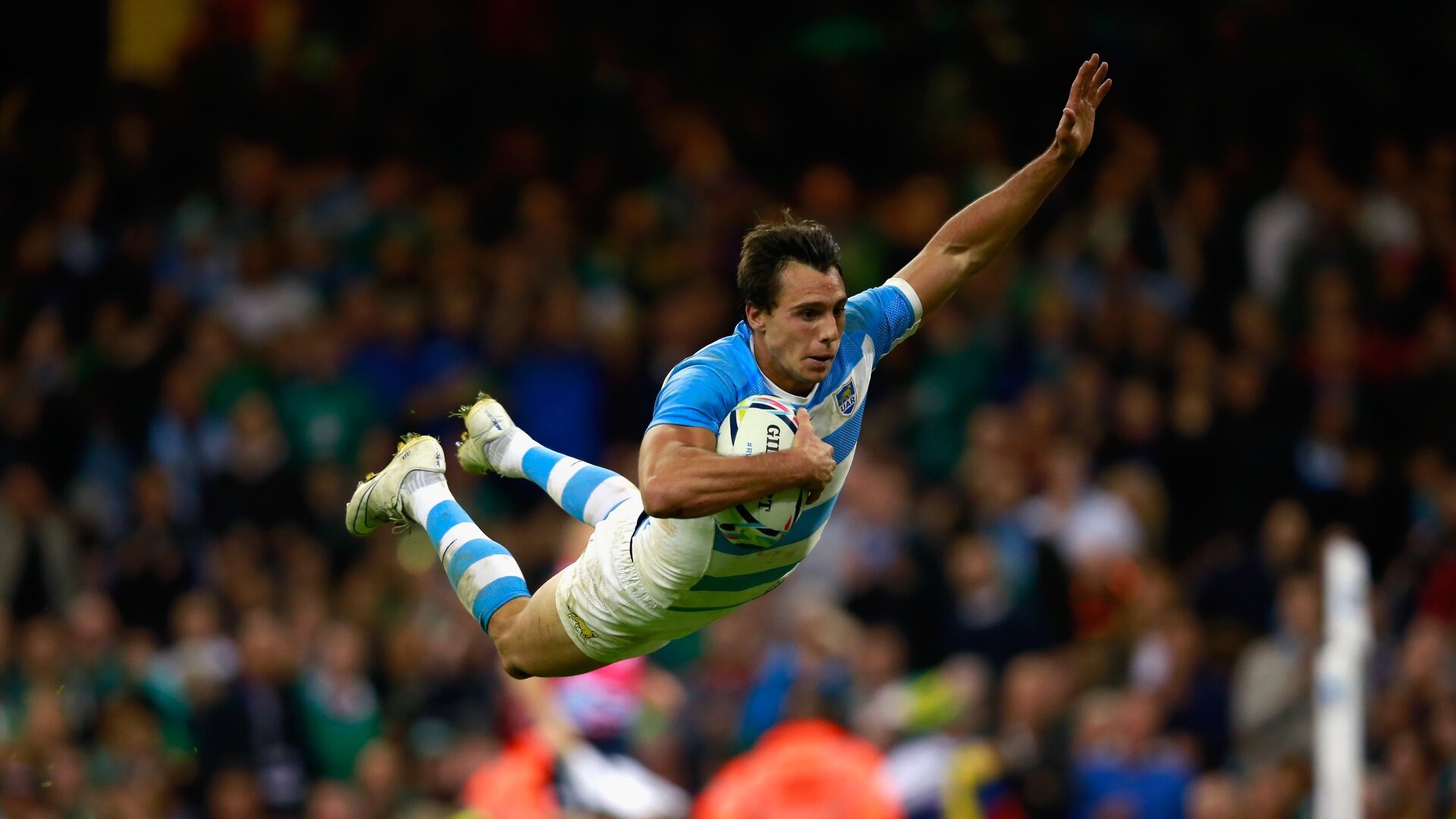Why the momentum of the Jaguares has bolstered Argentina's World Cup hopes

When Group C was drawn for the 2019 World Cup, comparisons were immediately drawn with 2015’s Pool A which was infamously referred to as the ‘Pool of Death’.
The presence of England, much improved since their disastrous 2015 tournament, France and last time semi-finalists Argentina suggests yet again there will be a pool where a big name will fail in 2019.
In truth, however, a case for being called the ‘Pool of Death’ could be made for most of the pools in the upcoming finals in Japan.
Only Pool B looks reasonable straightforward for its top two seeded sides but even there, Italy should prove a much stronger opponent than in past tournaments. In Group A, Japan look a serious threat to Ireland and Scotland’s ambitions and Fiji could well edge out a shaky Australia or trouble Wales in Pool D.
This World Cup should be the most competitive tournament we have had, with more than two teams per pool looking capable of qualifying for the knockout stages and the smaller nations suggesting they will prove tougher opposition than some of the decidedly one-sided games they have previously participated in.
(Continue reading below…)
Technically, Argentina are the third-seeded side in Pool C having had a poor few years since the last tournament. Realistically, however, they are starting to look much stronger than Les Bleus, whose ever-present talent can’t seem to break through the mire.
Meanwhile, after a difficult few years, Argentinian rugby is looking up and yet again peaking in time for the World Cup. The Jaguares made their first Super Rugby final after a brilliant season and Argentina are relaxing their selection policy on overseas players for the RWC, strengthening an already promising squad of players.
In Pool C, Argentina won’t be looking to cause an upset by beating France and finishing second. They already know they are capable of doing that. Instead, they will be aiming for both England and France, trying to top the group and earn an easier quarter-final. Can they do it?

Just a year ago, Argentina were being embarrassed on home soil by a young Wales team laying the foundations for their own success and had only beaten three sides (Georgia, Italy and Japan) in 23 matches. Those results led to inspirational former captain Mario Ledesma taking over from Daniel Hourcade as coach, with the latter saying “the players had stopped responding”.
Initially there was a response from the squad, with Los Pumas beating South Africa at home 32-19 and recording a first away victory over Australia, 23-19.
Their Rugby Championship faltered after that, however, and the autumn internationals were disappointing, although Ledesma declared it a learning experience, saying: “The goal of our tour was to breed a couple of new players, try new combinations and keep learning. We only started with the team four months ago and we are all learning, staff and players.”
Since then, the fortunes of the Jaguares have been transformed and that success, coupled with the change in Test selection policy, means Argentina enter the shortened Rugby Championship in the run-up to RWC 2019 a different beast.
The success of the Jaguares has caused some controversy this season, with opponents finally noticing that the franchise is intended to be a vehicle for the national side and is therefore stuffed with international players. Initially, the approach seemed to be flawed, with the franchise struggling and the national side essentially a jet-lagged club team.
Now, however, the policy seems to be bearing fruit, giving Ledesma a core of players comfortable with each other, having maintained their style against different high-quality opposition in various weather conditions.
The potential addition of players such as Santiago Cordero, Juan Imhoff, Facundo Isa, and Nicholas Sanchez to captain Pablo Matera, former captain Agustin Creevy, and flying backs like Emiliano Boffelli, Bautista Delguy, and Joaquín Tuculet means Los Pumas could be a serious side again in this World Cup.
Last time around they tore Ireland apart in the quarter-finals before succumbing to Australia in a thrilling semi-final. Since 1999, Los Pumas have only once failed to make the knockout stages, twice reaching a semi-final. Even allowing for a tough pool, they will be hoping to continue that tournament record in 2019 and they have the players to do so.
Despite a noticeable improvement this season, England have continued to struggle at times, letting leads slip against New Zealand, Scotland, South Africa and Wales. They also required their cavalry to overcome Japan.

Their stunning performance against Ireland in the opening round of the Six Nations and the depth of talent available to coach Eddie Jones means nobody will take them lightly. However, if Argentina play to their potential and overcome France in their first pool game, they will be targeting England by the third match.
Win that and they could cause an upset by topping the group, leaving England and France to fight each other for second in their final game. For many, that would certainly be an upset.
WATCH: Part one of Operation Jaypan, the two-part RugbyPass documentary series on what the fans can expect at this year’s World Cup finals in Japan









































